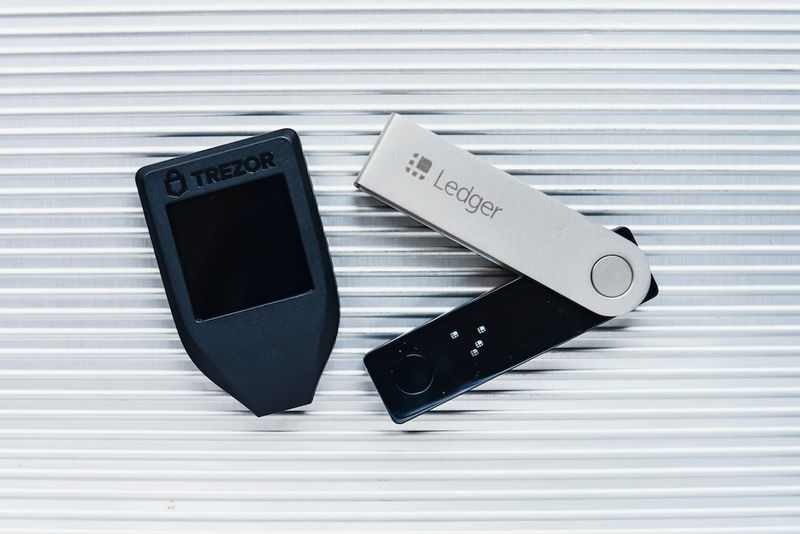FBI Warns About Scams Targeting Mobile Beta-Testers
The US Federal Bureau of Investigation (FBI) has issued a public service announcement warning about cybercriminals who are targeting victims through mobile beta-testing applications. While the FBI did not name any specific vendors or services, the main tactic employed by these scammers is to lure users of Apple iPhones into installing software that is not from the official App Store. However, it is important to note that the lessons from this warning are applicable to all types of mobile phones and software on any device.
The Illusion of Security
Many iPhone users believe they are protected against malware, spyware, and scamware due to Apple’s strict policy of acquiring apps only from the App Store. Android users, on the other hand, have the option to install apps from unofficial sources. However, certain avenues exist for unauthorized apps on iPhones. One method involves using Apple’s Mobile Device Management (MDM) system, which is intended for corporate use and allows companies to deploy proprietary apps onto company-managed devices. Another method is through Apple’s TestFlight service, which permits developers to offer pre-release software for trial. Beta software is typically not fully debugged and is limited in its release.
The Lure of Rarity and Privilege
Scammers exploit the allure of exclusivity and privilege to entice victims to participate in these schemes. Users who agree to enroll their devices in MDM or download beta-level software expose themselves to additional risk. MDM enrollment grants control to corporate IT teams and may even allow remote wiping of devices. Beta software, on the other hand, tends to collect more information as part of the testing process.
But why would anyone willingly subject themselves to MDM or install beta-quality software? In the case of these cyber scams, the scammers are selective in their targets. They often employ techniques used by romance scammers to build trust and establish personal connections with potential victims. Instead of exploiting emotional affection, however, they initiate relationships based on money, particularly through the promise of cryptocurrency investments that are not available to the general public.
Playing the Long Game
These scammers meticulously select hundreds or thousands of potential victims and actively befriend a smaller number of them. They develop personal relationships and gain their trust before gradually coaxing them into investing significant amounts of money, often over an extended period. These scammers often begin by meeting victims on online dating platforms, using fake profiles to create a sense of mutual trust. Once a relationship is established, they introduce the investment opportunity, usually involving a special, unofficial app that cannot be found on the App Store.
The scammers then create a deceptive front, displaying data from a counterfeit backend system to make their investments appear successful. Victims may even make withdrawals from their supposed investments, but these are typically limited and only return a portion of the original funds. When victims decide they want to cash out completely, the scammers claim that government intervention has frozen their accounts and demand a tax payment before releasing their funds. This final demand often results in victims losing even more money, and ultimately, none of their investment is ever returned.
Advice for Protecting Yourself
In light of these scams, it is crucial to exercise caution and employ protective measures when dealing with unfamiliar apps or online relationships. Here are some important tips to consider:
Take your time when discussions involve money:
- Do not be swayed by shared interests or seeming similarities with a new acquaintance, as these may be premeditated tactics to gain your trust.
Avoid granting administrative control over your device:
- Never click “Trust” on a dialog that requests remote management unless it is from your employer and appropriate for your device.
Don’t be deceived by circumstances that imply Apple’s approval:
- Just because an app is registered for beta testing with TestFlight does not mean it has been vetted and approved by Apple. Exercise even greater caution when dealing with TestFlight apps, as they involve experimental code on your device.
Question the credibility of messaging within an app:
- Do not let icons, names, or text messages inside an app deceive you into believing it is trustworthy.
Be skeptical of investment results shown by apps:
- Do not believe investment outcomes solely based on what an app displays.
Listen to your friends and family:
- If loved ones voice concerns or warnings about a potential scam, be open to their input and consider their perspective.
By remaining vigilant and adhering to these recommendations, you can reduce your risk of falling victim to scams targeting mobile beta-testers. Remember, it is always better to prioritize your online security and be skeptical rather than risk losing significant sums of money.

<< photo by rc.xyz NFT gallery >>
The image is for illustrative purposes only and does not depict the actual situation.
You might want to read !
- The Persistent Prowess of Mirai: Unchanging yet Successful Attack Methods
- The Rise of QR Code Phishing Attacks in the Targeting of Major US Energy Companies
- The Vulnerability of Democracy: Unmasking Cyber-Attacks on the UK Electoral Commission
- Why Email Security Standards are Failing: A Critical Examination
- Q&A: The Power of Collaboration in Combating Cyber Scammers
- The Global Battle Against Cybercrime: Interpol Takes Down ’16shops’
- Connecticut School District Recovers Half of $6 Million Lost in Devastating Cyber Attack
- Coordinated Cyber Attack on Ukraine Satellites Raises Concerns of Pre-War Sabotage
- Government Report Exposes Dark Side: How Smart Devices Fuel the Scourge of Domestic Violence
- Ensuring Cybersecurity: Analyzing the Fallout of a Massive Ransomware Attack on a Canadian Dental Service
- 5 Practical Strategies to Bridge the Cybersecurity Gap for Small Businesses and Local Governments
- Your Venmo transactions may reveal more than you think
- The Gulf’s Race for Technological Supremacy: Navigating Risk & Opportunity
- Unmasking the Dangerous Vulnerabilities in Ivanti Avalanche: A Call to Action for 30,000 Organizations
- A Vulnerability Exposed: Uncovering the Massive Hack of 2,000 Citrix NetScaler Instances
- The Growing Threat: Cybercriminals Exploit Cloudflare R2 to Launch Phishing Attacks
- The Vulnerable E-commerce Landscape: Analyzing the Ongoing Xurum Attacks on Magento 2 Sites
- The takedown of the NetWalker ransomware’s crimeware server marks a victory in the fight against cybercriminals
- Solving the Encryption Puzzle: A Revolutionary Sudoku-Inspired Algorithm




